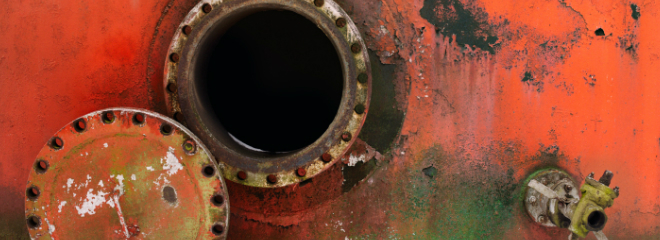Protecting your favorite car from rust is a never-ending challenge. The best way to deal with rust is to act before you see that most dreaded trace of rust right in the corner of your door hinge. Many car owners are often confused when it comes to choosing the right rust inhibitor for their car. Read on to find out about the two types of rust inhibitors and what difference they bring in.
What is a Rust Inhibitor?
A rust inhibitor acts as a layer of protection between the surface of the car and the adverse effects of external contaminants, moisture, and dirt. Rust inhibitors are of two main types and it is important to understand the pros and cons of both types to make the right choice based on individual needs.
Solvent Based Inhibitors
Solvent-based products prevent rust by forming a coating on the car surface to prevent the action of water on the metal. They can be directly applied to the surface without being diluted. The high surface tension of these inhibitors does not only keep moisture away but also displaces the residual moisture content completely. They have been the trusted source of rust prevention for severe conditions for a long.
Water-Based Inhibitors
These products are more economical than solvent-based inhibitors. They work by reducing the oxidation susceptibility of the metal and are also much easier to use. They can be applied to the surface of the car by using spray or immersion techniques.

